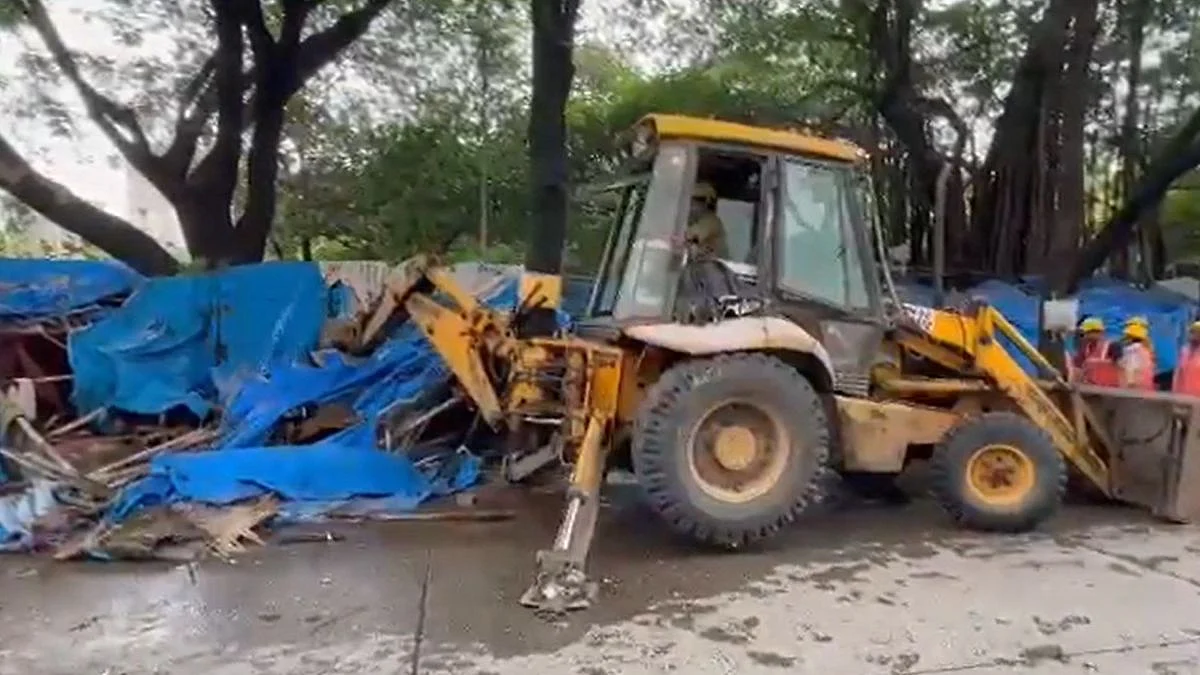Indore (Madhya Pradesh): The city scores top rank when it comes to hazardous and unauthorised constructions near extra high-tension transmission lines, according to the Madhya Pradesh Power Transmission Company (MP Transco).
As part of its statewide campaign to enforce electrical safety standards, MP Transco has identified and issued 3,610 notices against unsafe constructions across Madhya Pradesh. Of these, Indore accounts for the maximum — to be precise 1,031 notices —followed by Bhopal (855), Jabalpur (544) and Gwalior (277).
Apart from Indore city, 903 notices have been issued in the Malwa-Nimar region, where the process of removing unauthorized constructions has begun. A large number of hazardous constructions near transmission lines have been found in this region and continuous action is being taken to remove them.
Authorities warned that building within the restricted 27-metre safety corridor on either side of 132 kV and above transmission lines was strictly prohibited.
Transmission lines carry currents that are 600 to 950 times more dangerous than household electricity, making such violations life-threatening.
In addition to endangering residents, unauthorized construction near high-tension lines can also disrupt the state’s power supply.
To curb the risk, MP Transco teams are actively spreading awareness across the state, especially in Indore and the Malwa-Nimar region, through public address systems, awareness programmes and notices. At several locations, unauthorized constructions have also been removed with the help of the local administration.
Shashikant Ojha, Public Relations Officer, MP Transco said, “Unauthorized structures beneath these lines pose a severe threat, especially during adverse weather, when wire swinging can lead to fatal accidents,”
Appeal from MP Transco
MP Transco has appealed to the citizens of the state to not carry out any construction near transmission lines, keeping in mind their own safety as well as that of their families.
Building construction should always comply with electrical safety standards. This would not only prevent accidents but also ensure continuous and safe power supply for the entire state.











